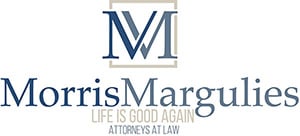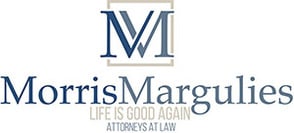If a debtor filed his tax returns late, beyond the due date or any extensions, then according to the 1st, 5th and 10th Circuits, the taxes that became due can never be discharged. For example, 2010 tax returns are due on April 15, 2011, or if the debtor received an extension, were due on October 15, 2011, and the debtor filed the return on December 1, 2011, but did not pay the taxes that were due on the return. He then filed bankruptcy on December 1, 2016, the liability for 2011 would not be discharged. See, Fahey v. Massachusetts Dept. Of Revenue, 779 F.3d 1 (1st Cir. 2015) as the late filed return is not considered a “return” for purposes of Section 523(a)(1) of the Bankruptcy Code.
However, the penalties associated with the late filed return are dischargeable according to a recent decision of the Bankruptcy Court in Massachusetts, in the case of In re McCarthy, 2016 WL 3866622 (Bankr. Mass. 7.11.2016). In this case, the Debtor’s Chapter 7 case was discharged in 2014. Included in the Schedules were tax debt to the state for the years 2001 through 2006, for which the debtor had not filed returns until 2008 and 2009. After the discharge order was entered, the state sent the debtor a demand letter that he pay the taxes due, plus interest and penalties. It threatened collection action against the debtor if he did not pay, including wage garnishment and revocation of his driver’s license. The debtor then moved to reopen the case and filed a motion for contempt for the state’s attempt to collect the interest and penalties that arose in connection with the discharged debt.
The court found that Section 523(a)(1) applies to the dischargeability of taxes and that the dischargeability of interest and penalties are governed by Section 523(a)(7)(B). Under this section, if the penalties and interest became due more than three years before the filing date, they were discharged along with the other dischargeable debts. Accordingly, the court held that the state had violated the discharge injunction when it sought payment of the interest and penalties.
If you are considering filing for bankruptcy and have questions and concerns about how your liability for income taxes, please contact us. The firm of Laura Margulies & Associates, LLC has successfully handled thousands of cases in Maryland and Washington, D.C., many involving unique or novel issues. Please contact us today for a consultation at 301-816-1600. Our website address is: www.law-margulies.com

